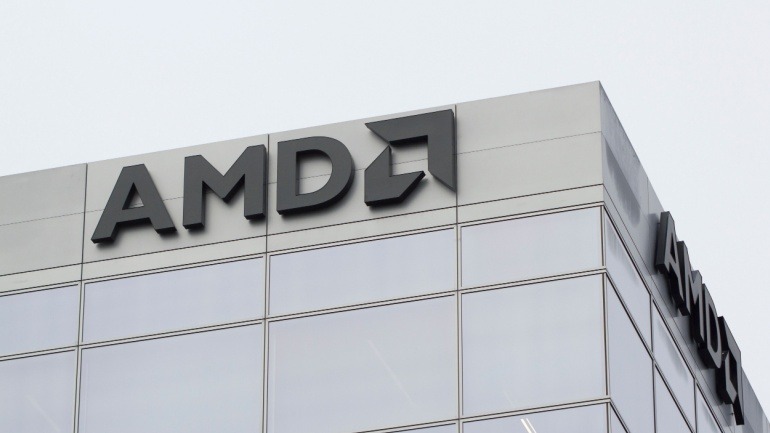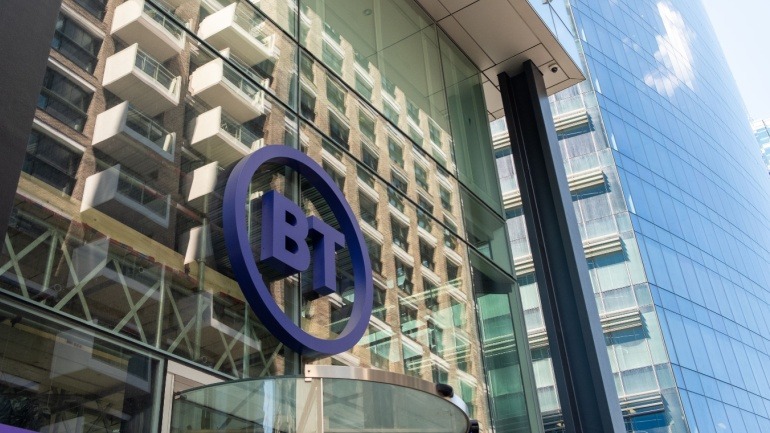In today’s dynamic telecommunications landscape, Dell Technologies and AMD are pioneering transformation with AI-driven solutions for communications service providers. As 5G deployment phases complete, CSPs must embrace advanced strategies to tackle network complexities and enhance connectivity services. AI’s role in boosting efficiency and driving telecom service innovation is vital.
Telefónica Deutschland’s AI-powered assistants enhance VoIP security by tackling online fraud, including phishing scams. By leveraging artificial intelligence and partnerships, like with OpenAI, Telefónica fortifies its consumer security offerings. As VoIP security evolves, the integration of AI not only boosts customer trust but also raises privacy considerations requiring careful navigation.
BT’s sovereign platform caters to the digital sovereignty needs of U.K. entities, offering enhanced control over data and systems. This timely initiative addresses sovereignty amid geopolitical challenges and supports secure operations within the U.K. BT leverages its secure network expertise, focusing on services like voice, cloud, and AI, highlighting its role in digital autonomy.
In the digital era, enterprise contact centers face challenges with fragmented systems, but integrating Microsoft Teams and AI can revolutionize VoIP experiences. This promising path unifies disconnected platforms, enhancing customer interactions and employee satisfaction. However, overcoming organizational resistance and skill gaps is crucial to achieving seamless VoIP solutions.
As reactive network planning fades, AI emerges as a game-changer for VoIP solutions, offering real-time data analysis and proactive management. With AI, VoIP networks can self-optimize, predict maintenance needs, and ensure seamless service even with rising 5G traffic demands. Embrace AI for efficient and futuristic VoIP network strategies.
Generative AI is set to revolutionize telecommunications by moving operations from reactive to predictive systems, significantly impacting VoIP services. With Gen AI, telecom operators can experience faster troubleshooting and enhanced fraud detection, streamlining VoIP network efficiency. Properly implemented, Gen AI promises rapid results with lower costs, reshaping the VoIP landscape.
The San Antonio Spurs’ partnership with Dialpad demonstrates how AI-powered VoIP communications can enhance fan engagement and internal coordination. This venture showcases the potential of AI-first unified communications to thrive in dynamic sports environments. By leveraging AI, the Spurs improve fan interactions, allowing for seamless cross-departmental communication and personalized experiences.
LeapXpert has launched its Communications Platform 3.0, revolutionizing how businesses leverage consumer messaging apps. By integrating AI-driven insights, it transforms dynamic interactions into structured, actionable data. This ensures seamless communication management and operational benefits. With new features like Signals and automated workflows, LeapXpert enhances efficiency and compliance in voip communications.
Telecom operators are transforming into key players in AI services, appealing to enterprises seeking seamless AI solutions. Historically focused on connectivity, telcos are now diversifying with AI infrastructure and tools. This shift, prompted by corporate demand, offers substantial growth potential as traditional revenue streams decline. Successful operators harness AI infrastructure, collaborating with platform developers to offer customized solutions and productivity tools. Their strategic advantage includes expansive networks and data centers, enabling competitive pricing and data sovereignty. However, to capitalize effectively, they need to overcome internal challenges and navigate competition from hyperscale cloud providers like AWS and Google Cloud.
Amid Black Friday’s digital communication surge, Sinch reported a 144% increase in AI-powered Rich Communication Services. Businesses increasingly favor rich messaging formats, blending traditional channels like SMS and email with interactive VoIP solutions. This shift underscores the essential role of AI in creating standout conversational experiences in competitive markets.













